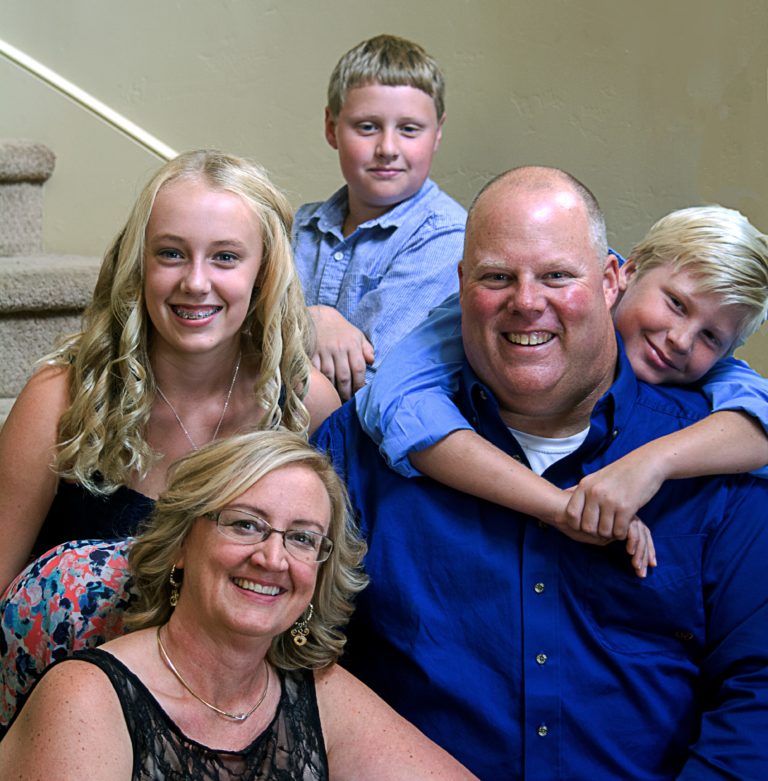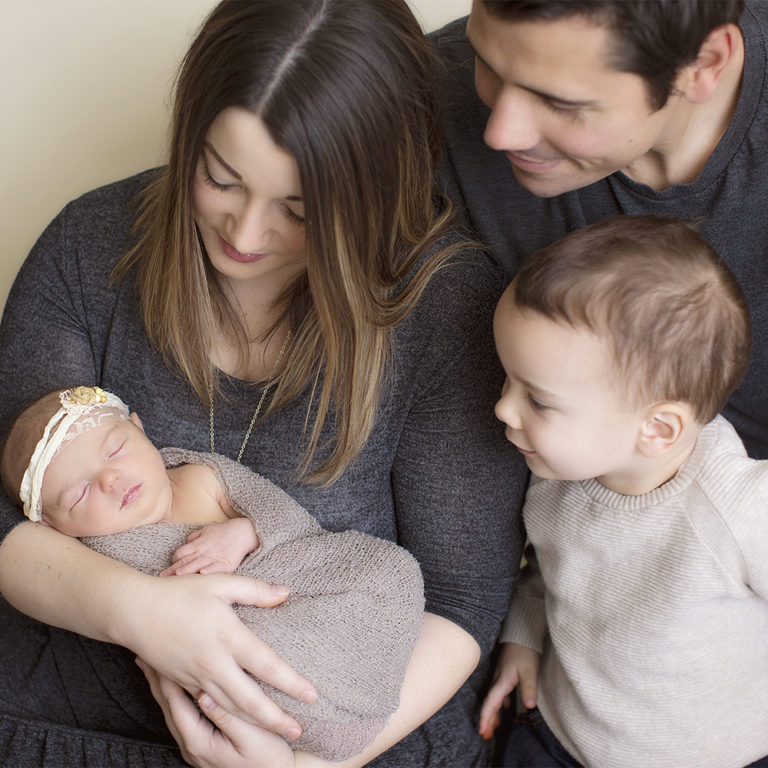Endometriosis and Fertility
Endometriosis is a complex condition affecting approximately 1 in 10 women worldwide. For those navigating fertility challenges, endometriosis can play a significant role. Whether you’re exploring options to conceive, considering egg freezing, or managing symptoms, the specialists at RSC are here to guide you every step of the way.
Schedule an AppointmentWhat is endometriosis?
Endometriosis occurs when tissue similar to the lining of the uterus (endometrial tissue) grows outside the uterine cavity. These abnormal growths can appear on the ovaries, fallopian tubes, or other areas in the pelvis. During the menstrual cycle, this tissue thickens, breaks down, and bleeds, just like the uterine lining. However, because this tissue is outside the uterus, it has no way to exit the body, leading to inflammation, scarring, and adhesions.
This condition not only causes discomfort but can also impact fertility by:
- Damaging the ovaries or Fallopian tubes.
- Interfering with ovulation.
- Preventing successful implantation.
What causes endometriosis?
While the exact cause of endometriosis remains unclear, several factors may contribute to its development:
- Genetics: A family history of endometriosis may increase your risk.
- Hormonal imbalances: Estrogen is believed to play a role in the condition.
- Immune system dysfunction: A weakened immune system may struggle to clear misplaced endometrial tissue.
Symptoms of endometriosis
Endometriosis symptoms vary from mild to severe and can be challenging to diagnose. Common signs include:
- Painful periods (dysmenorrhea).
- Pain during intercourse.
- Pain with bowel movements or urination, especially during menstruation.
- Excessive bleeding (heavy periods or spotting between cycles).
- Digestive symptoms such as diarrhea, constipation, or nausea during menstruation.
- Fatigue related to chronic inflammation and hormonal changes.
If you experience these symptoms, consulting a fertility specialist can provide clarity and guidance.
How endometriosis affects fertility
Endometriosis is a leading cause of female infertility, yet many women with the condition go on to conceive and have healthy pregnancies. The impact of endometriosis on fertility can include:
- Blocked or damaged fallopian tubes.
- Reduced ovarian function or egg quality.
- Impaired implantation of an embryo in the uterus.
Unlike other fertility concerns, women with endometriosis don’t need to wait the usual 6-12 months to seek help. Consulting a fertility specialist early is essential to managing the condition and optimizing your fertility outcomes.
Diagnosing endometriosis
At RSC, we use cutting-edge diagnostic tools to evaluate and manage endometriosis, including:
- Pelvic exams to assess abnormalities.
- Ultrasounds to detect ovarian cysts (endometriomas).
- Laparoscopy, a minimally invasive procedure that provides a definitive diagnosis and allows for the removal of endometrial growths.
Fertility treatment options for endometriosis
Treatment plans for endometriosis depend on the severity of the condition and your family-building goals. At RSC, we offer a range of personalized fertility treatments, including:
- Fertility medications: Hormonal treatments to stimulate ovulation.
- Intrauterine insemination (IUI): A low-tech option for mild cases.
- In vitro fertilization (IVF): Often recommended for moderate to severe cases, especially if other treatments have not been successful.
- Surgical intervention: Minimally invasive surgery to remove endometrial growths and improve fertility outcomes.
Our specialists will work closely with you to determine the best approach, combining medical expertise with compassionate care.
Take control of your fertility journey
Endometriosis doesn’t have to stand in the way of your dreams of parenthood. At RSC, we’re committed to helping you understand your condition, explore your options, and take confident steps forward.
More about endometriosis
Patient Story
Alicia & David
Patient Story



